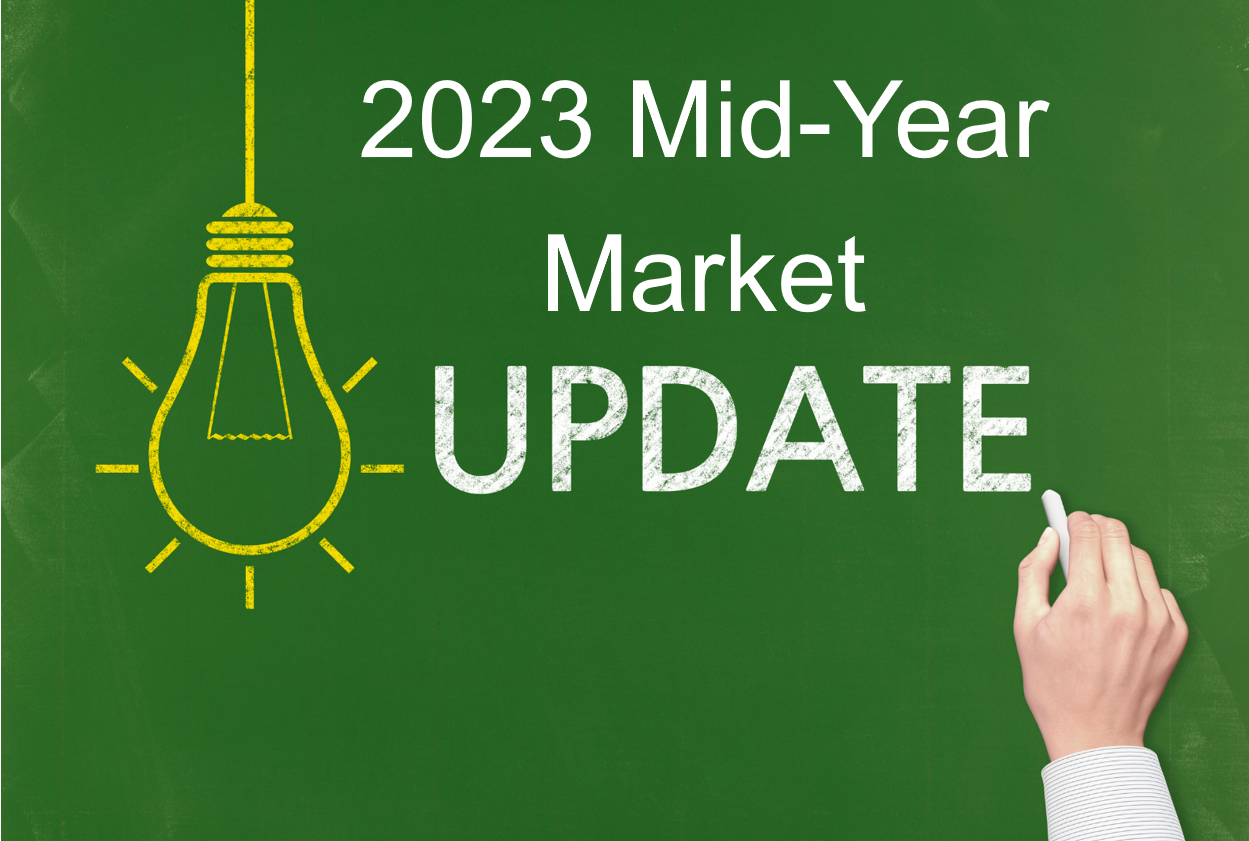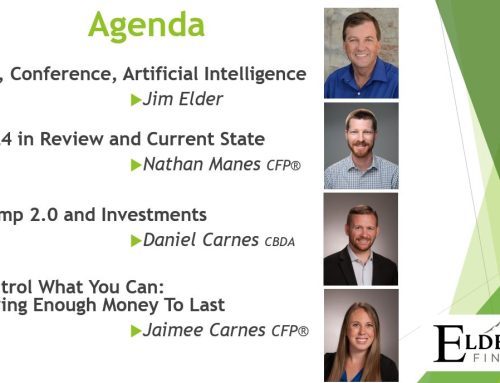by Daniel Carnes
We all know that 2022 was a difficult year. The 10-year U.S. Treasury Bond had its worst performance since 1788, and the stock market was in a downturn. Most of the pain was caused by the Federal Reserve’s interest rate hikes to subdue the Covid-era induced inflation.
At the beginning of 2023, the markets started to regain traction because investors believed that the Fed was nearing the end of its interest rate hike cycle. We saw stock indexes rise to the upside and a minor recovery in the bond market.
Early in the year, our economy and inflation were not slowing for the Fed to stop raising interest rates. At that point, we were still far from another round of debt ceiling debates in Congress. That was until regional banks, like Silicon Valley Bank and First Republic Bank, began to fail. On top of that, the U.S. Treasury said it expected the government to default on its debt on June 1st. This came to light in April when the Treasury Department received only 54% of their expected revenue on Tax Day.
Recently, the Fed announced that they have paused interest rate hikes and will keep rates at 5-5 ¼ % for now. With interest rates being held stead and a virtually non-existent debt ceiling until 2025, we expect to see continued optimism in the markets for 2023. Because election season is around the corner, we remain optimistic because politicians like to hit the campaign trail on a strong economy. However, despite the positive signs, there is talk of another downturn in the fall due to weakened banks, supply chain disruptions, tepid earnings, and a potential recession.
With the short-term unknowns, we are working with what we do know to be true. At ElderAdo Financial, we are in the process of shifting portfolios from the short-term bonds we have been utilizing for protection from interest rate increases into intermediate-term bonds. This will allow us to lock in some better interest rates without much risk of interest rates rising and driving down the value of the bonds. It is also important to review how much of your savings is appropriate to have in money markets and CDs because there is risk that inflation can erode your wealth if the cost of goods is increasing more than your interest rates. Finally, as we always say, investing is for the long-term. By sticking to your financial plan that is based on your specific goals, we can weather the short term volatility to find long-term success.
Our advisors are here to discuss any questions that you have about the economy, markets, your investments, or what all of this means for you.
Contact us today if you have any questions.






